Jewish ethical philosophy: From the prophets to Rabbinic thought
Jewish ethical philosophy, as articulated from the time of the biblical prophets to the development of rabbinic thought, reflects a profound and evolving tradition that grapples with questions of morality, justice, and the divine-human relationship. Rooted in the covenantal framework established in the Torah, Jewish ethical philosophy emphasizes the integration of divine law with human behavior, fostering a vision of ethics that is both transcendent and practical. Over centuries, this vision was enriched and reinterpreted through the prophetic call for justice, the wisdom literature’s emphasis on individual virtue, and the rabbinic engagement with textual interpretation and legal reasoning.

A page from a 14th-century manuscript of The Guide for the Perplexed. The figure seated on the chair with Stars of David is thought to be Aristotle. The Guide is a philosophical work by the Jewish philosopher Moses Maimonides, which seeks to reconcile Jewish theology with Aristotelian philosophy. Source: Wikimedia Commonsꜛ (license: public domain)
Prophetic ethics: Justice and covenant
The biblical prophets occupy a central place in the development of Jewish ethical thought, articulating a vision of morality that is deeply rooted in the covenantal relationship between God and Israel. Prophetic ethics emphasize the inseparability of religious devotion and social justice, calling for a society that reflects divine values in its treatment of the vulnerable.
Justice as the foundation of society
The prophetic tradition, exemplified by figures such as Amos, Isaiah, and Micah, is marked by an uncompromising demand for justice (mishpat) and righteousness (tzedakah). Amos 5:24, “Let justice roll down like waters, and righteousness like an ever-flowing stream”, captures the prophetic insistence that true worship of God must be accompanied by ethical behavior. The prophets denounce hypocrisy in religious observance, condemning rituals performed without regard for the ethical imperatives of fairness, compassion, and care for the marginalized.
Covenantal accountability
The ethical teachings of the prophets are grounded in the covenant between God and Israel, which establishes a framework of mutual responsibility. The covenantal obligations outlined in the Torah are not merely legalistic but profoundly ethical, emphasizing the need to protect the widow, the orphan, and the stranger (e.g., Deuteronomy 10:18-19). The prophets hold Israel accountable to these standards, warning that failure to uphold justice and righteousness will result in divine judgment.
Universalism and ethical vision
While the prophets address the specific moral failings of Israel and Judah, their ethical vision often extends beyond the covenant community. Texts such as Isaiah 56:7, which envisions a house of prayer for all nations, reflect a universalist dimension to prophetic ethics, emphasizing that God’s concern for justice transcends national boundaries.
Wisdom literature: Individual virtue and moral reflection
The wisdom literature of the Hebrew Bible, including Proverbs, Ecclesiastes, and Job, represents another significant strand of Jewish ethical thought. These texts focus on the cultivation of individual virtue, the complexities of moral decision-making, and the search for meaning in the face of life’s uncertainties.
The path of wisdom
The Book of Proverbs presents a didactic vision of ethics, emphasizing the importance of wisdom (hokhmah) as a guide for righteous living. Wisdom is portrayed as a divine attribute and a moral compass, leading individuals to act with integrity, humility, and compassion. Proverbs 3:17 describes wisdom’s ways as “pleasantness” and its paths as “peace”, underscoring the harmonious relationship between virtue and well-being.
The problem of suffering
Ecclesiastes and Job grapple with ethical and existential questions that arise in the face of suffering and injustice. Ecclesiastes challenges simplistic notions of reward and punishment, highlighting the unpredictability of life and the limitations of human understanding. Job, through its exploration of undeserved suffering, raises profound questions about divine justice and the ethical dimensions of human endurance and faith.
Ethical individualism and community responsibility
While wisdom literature often focuses on individual behavior, it does not neglect the communal dimension of ethics. The pursuit of wisdom is framed as contributing to the well-being of the community, reinforcing the interconnectedness of individual virtue and collective morality.
Rabbinic thought: Systematizing ethics through text and law
The destruction of the Second Temple in 70 CE and the subsequent rise of rabbinic Judaism marked a pivotal moment in the development of Jewish ethical philosophy. Rabbinic thought sought to systematize and expand upon biblical ethics, using the Torah and its interpretive traditions as the foundation for a comprehensive moral framework.
The centrality of Torah study
For the rabbis, the study of Torah was both a religious obligation and an ethical act. Torah study was seen as a means of internalizing divine values and cultivating moral character. The Mishnah and Talmud, as the foundational texts of rabbinic Judaism, provide extensive discussions of ethical principles, emphasizing the practical application of Torah teachings to everyday life.
Halakhah as ethical practice
Rabbinic ethics are deeply intertwined with halakhah, the body of Jewish law. Halakhah encompasses not only ritual observance but also interpersonal ethics, addressing issues such as honesty in business, treatment of employees, and the obligations of charity. The rabbinic emphasis on tikkun olam (“repairing the world”) reflects a vision of ethics that seeks to align human actions with divine will, promoting justice and compassion in society.
The role of middot (character traits)
Rabbinic thought also emphasizes the cultivation of middot (character traits) as central to ethical life. Traits such as humility, patience, and kindness are seen as essential components of moral behavior. Texts such as Pirkei Avot (“Ethics of the Fathers”) provide practical guidance for developing these virtues, reinforcing the connection between ethical character and religious devotion.
Theological underpinnings of Jewish ethical philosophy
Jewish ethical thought is rooted in a theological framework that emphasizes the imitatio Dei — the imitation of God — as a guiding principle for human behavior. Leviticus 19:2, “You shall be holy, for I the Lord your God am holy”, encapsulates the idea that ethical conduct reflects and participates in divine holiness.
Justice and mercy
The tension between justice (din) and mercy (rachamim) is a recurring theme in Jewish ethics. While the prophets and rabbis emphasize the importance of justice, they also stress the necessity of mercy and forgiveness. This balance is exemplified in the rabbinic interpretation of Exodus 34:6-7, which describes God as “abounding in steadfast love and faithfulness” while also holding individuals accountable for their actions.
Covenant and community
The covenantal relationship between God and Israel provides the foundation for Jewish ethics, emphasizing the interconnectedness of individual and communal responsibility. This covenantal framework extends beyond the Jewish community, reflecting a vision of universal ethics grounded in the shared humanity of all people.
Conclusion
Jewish ethical philosophy, from the prophetic tradition to rabbinic thought, represents a rich and dynamic tradition that integrates divine law with human behavior. The prophets’ call for justice, the wisdom literature’s exploration of virtue and suffering, and the rabbis’ systematic articulation of ethical principles all contribute to a vision of morality that is both transcendent and practical. Within the Jewish ethical tradition, the pursuit of justice, compassion, and righteousness remains central, reflecting a commitment to ethical living that is deeply rooted in the covenantal relationship between YHWH and the Jewish people.
References and further reading
- Alexander Brungs, Georgi Kapriev, Vilem Mudroch, Die Philosophie des Mittelalters. Bd. 1. Byzanz. Judentum, 2019, Schwabe Verlagsgruppe, ISBN: 9783796526237
- Walter Dietrich, Hans-Peter Mathys, Thomas Römer, Rudolf Smend, Die Entstehung des Alten Testaments, 2014, Verlag W. Kohlhammer, ISBN: 9783170203549
- Richard Friedman, Who Wrote The Bible?, 2019, Simon & Schuster, ISBN: 9781501192401
- James Karl Hoffmeier, Akhenaten And The Origins Of Monotheism, 2015, Oxford University Press, USA, ISBN: 9780199792085
- Jan Assmann, From Akhenaten to Moses - Ancient Egypt and religious change, 2014, Oxford University Press, ISBN: 9789774166310
- Benjamin D. Sommer, The Bodies Of God And The World Of Ancient Israel, 2009, Cambridge University Press, ISBN: 9780521518727
- William G. Dever, Did God have a wife? - Archaeology and folk religion in ancient Israel, 2008, Wm. B. Eerdmans Publishing, ISBN: 9780802863942
- James S. Anderson, Monotheism and Yahweh’s appropriation of Baal, 2015, Bloomsbury T&T Clark, eThe Library of Hebrew Bible/Old Testament Studies, ISBN: 978-0567683076
- Stephen Mitchell, Peter Van Nuffelen, One God – Pagan monotheism In the Roman Empire, 2010, Cambridge University Press, ISBN: 9780521194167
- William G. Dever, Who were the early Israelites and where did they come from?, 2006, Wm. B. Eerdmans Publishing, ISBN: 9780802844163
- William M. Schniedewind, How the Bible became a book – The textualization of ancient Israel, 2004, Cambridge University Press, ISBN: 9780521829465
- Bart D. Ehrman, The New Testament – A historical introduction to the early Christian writings, 2000, Oxford University Press, USA, ISBN: 9780195126396
- Bart D. Ehrman, Forged: Writing in the name of God – Why the Bible’s authors are not who we think they are, 2011, HarperOne, ISBN: 9780062012616
- Bart D. Ehrman, Jesus – Apocalyptic prophet of the new millennium, 1999, Oxford University Press on Demand, ISBN: 9780195124736
- Bart D. Ehrman, God’s problem: How the Bible fails to answer our most important question – Why we suffer, 2008, HarperOne, ISBN: 9780061578311
- Israel Knohl, The Messiah Before Jesus - The Suffering Servant Of The Dead Sea Scrolls, 2000, Univ of California Press, ISBN: 9780520215924
- Smith, M. S., The Early History of God: Yahweh and the Other Deities in Ancient Israel, 2002, Eerdmans, ISBN: 978-0802839725
- Coogan, M. D., The Oxford History of the Biblical World, 2001, Oxford University Press, ISBN: 978-0192802033
- Miller, P. D., The Religion of Ancient Israel, 2007, Westminster John Knox Press, ISBN: 978-0664232375


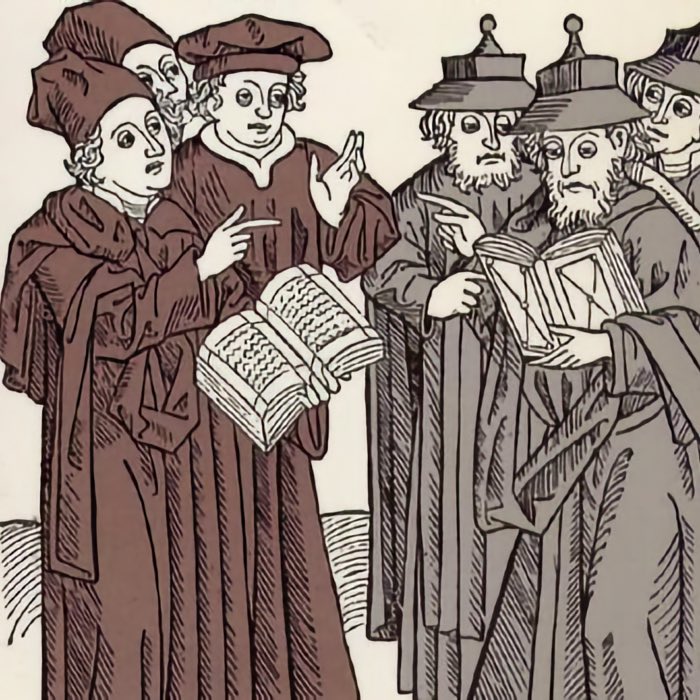



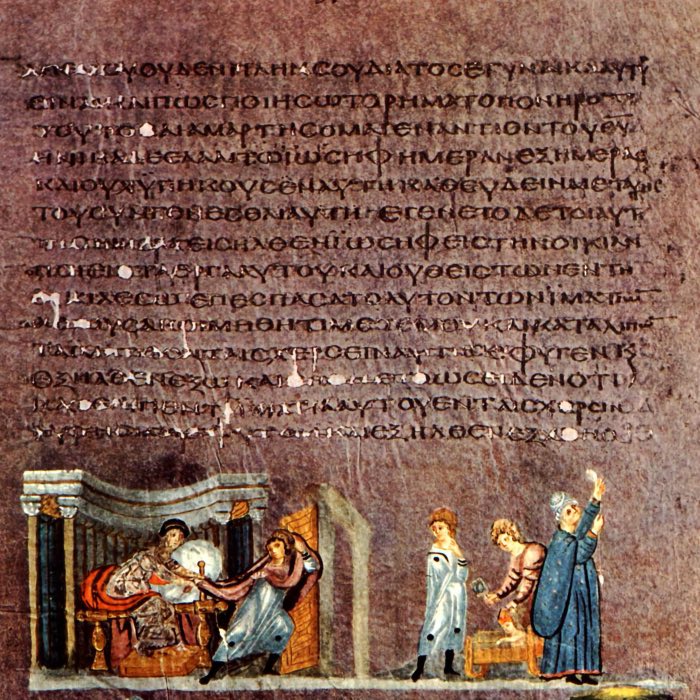
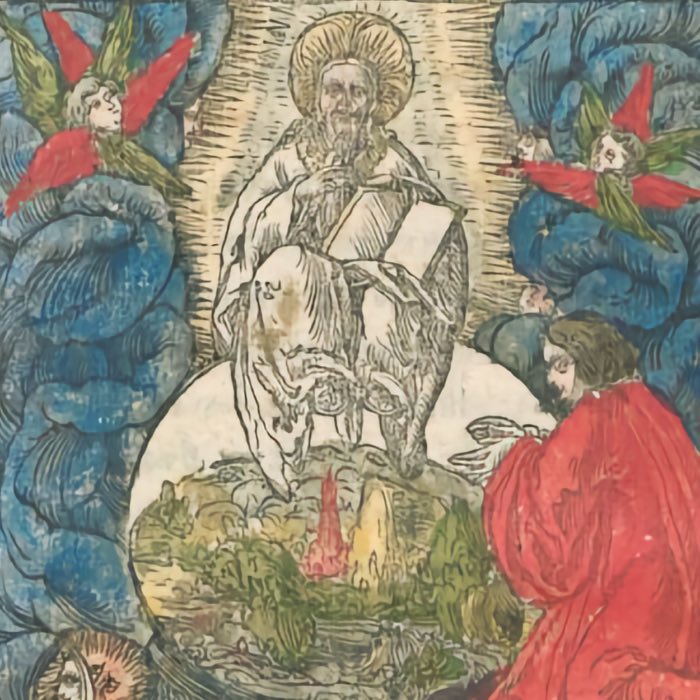

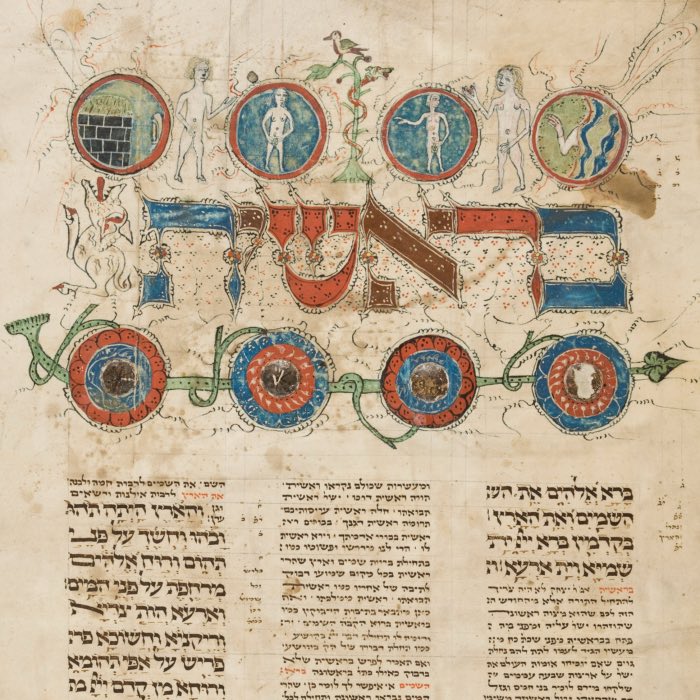

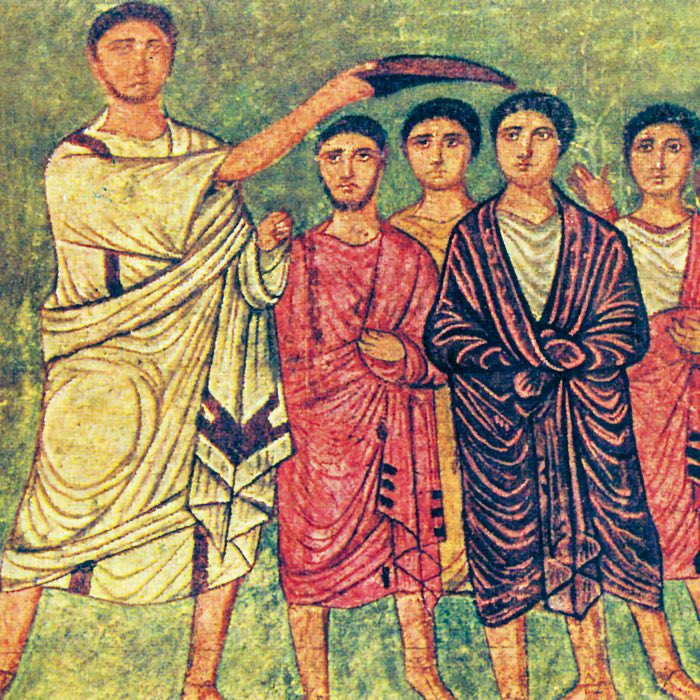
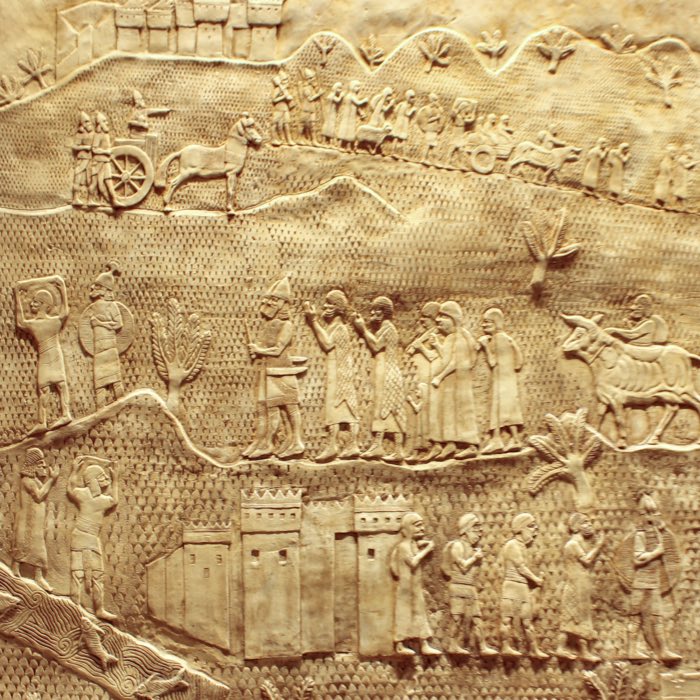
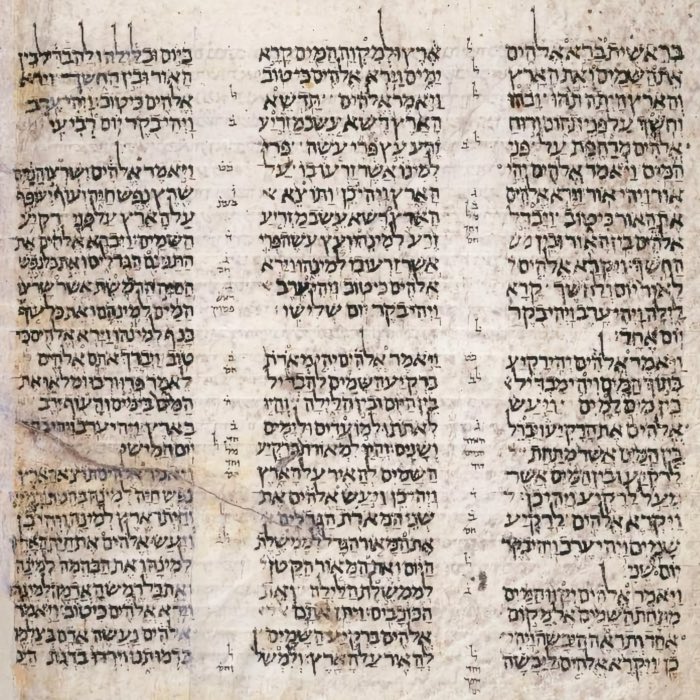
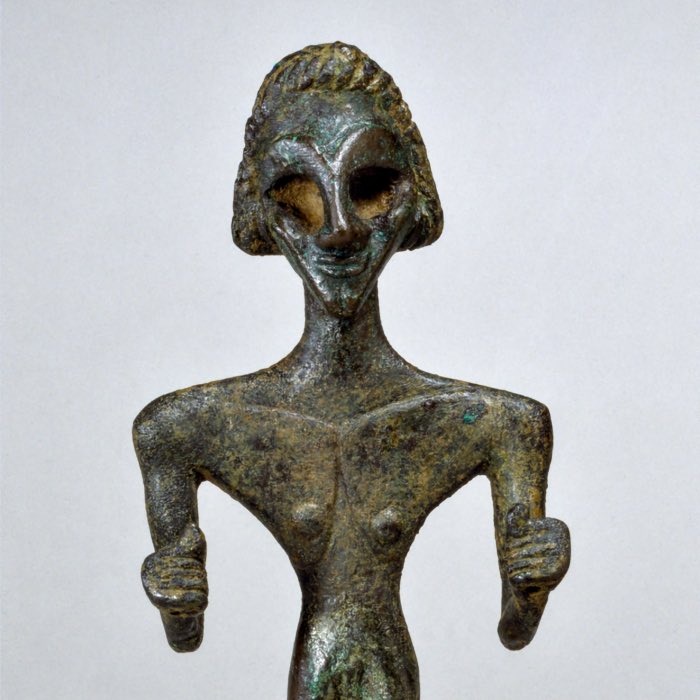


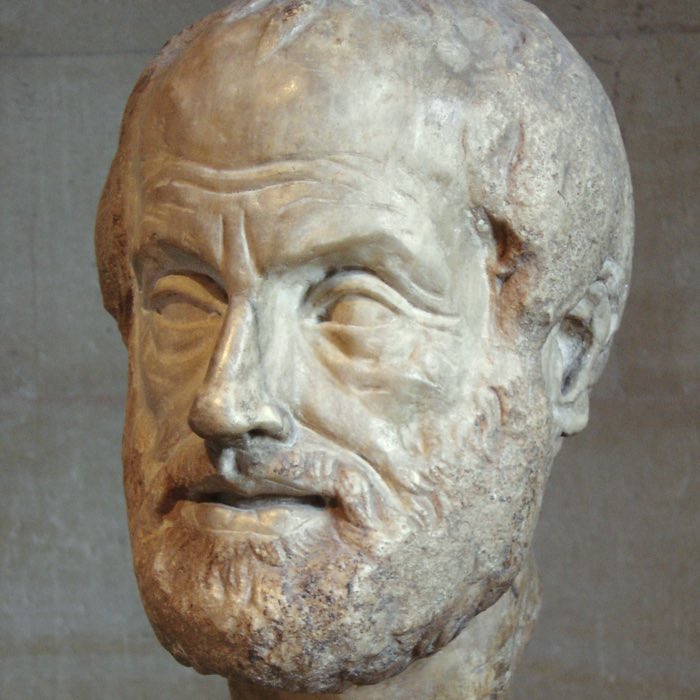





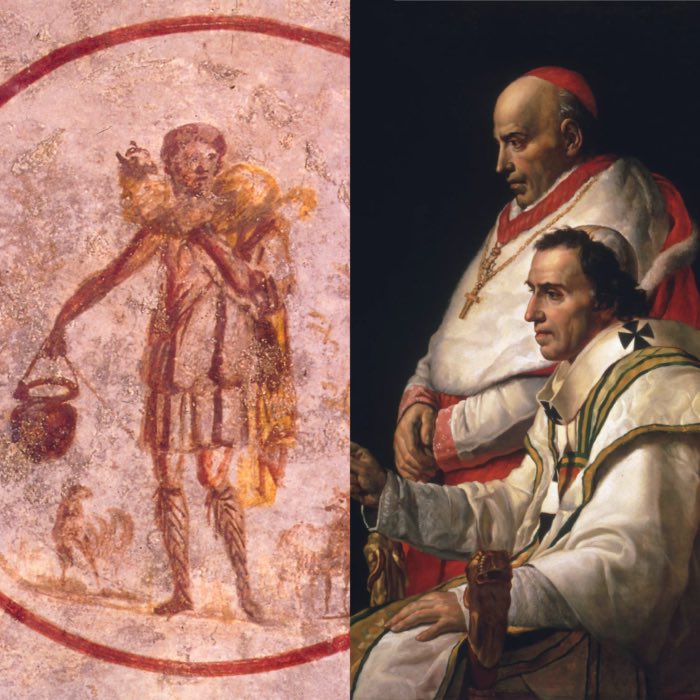


comments